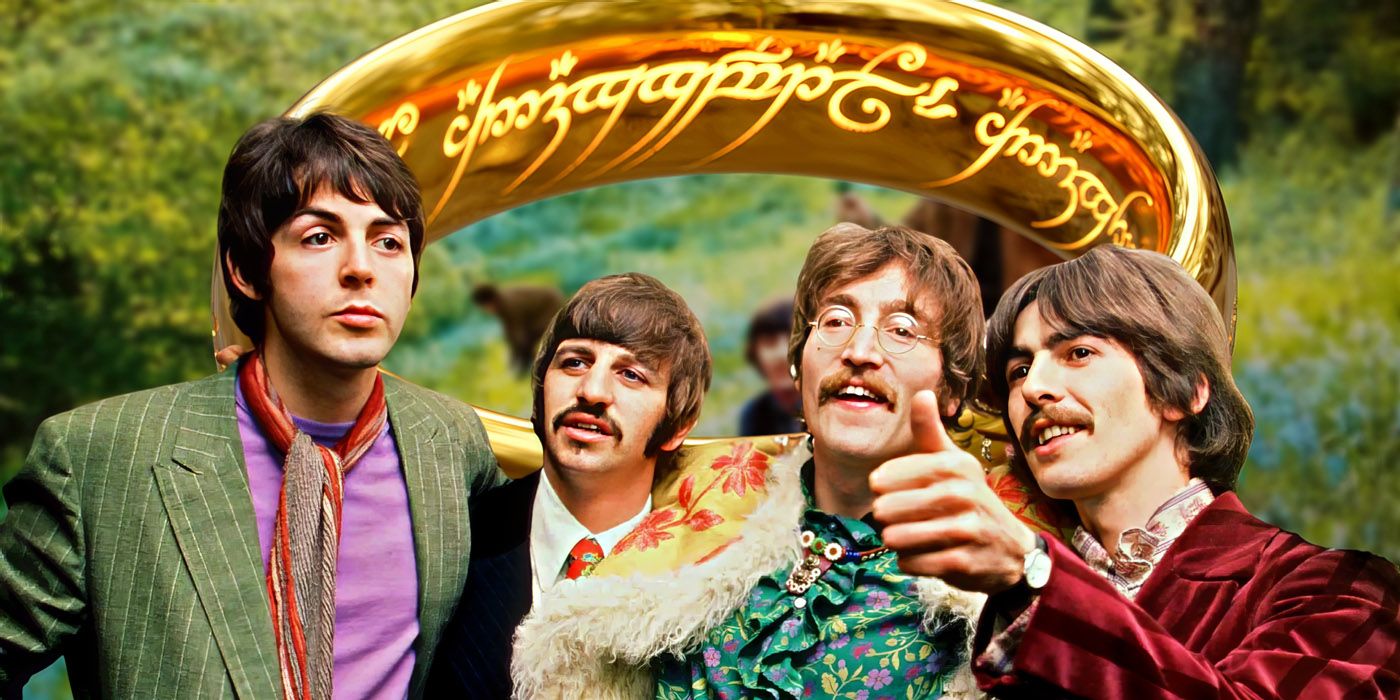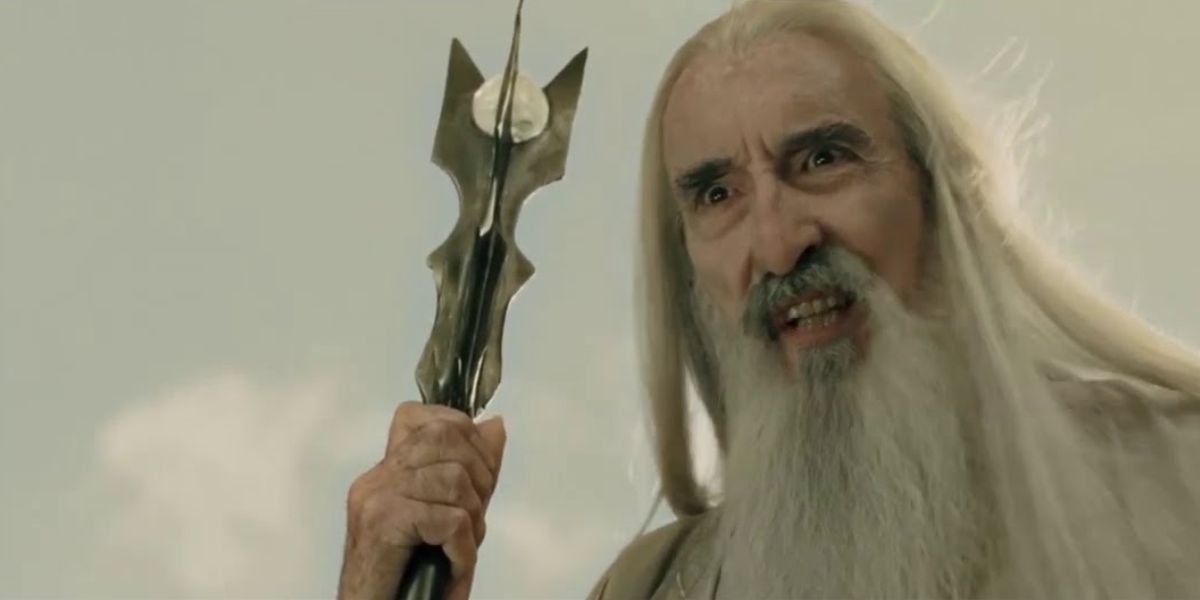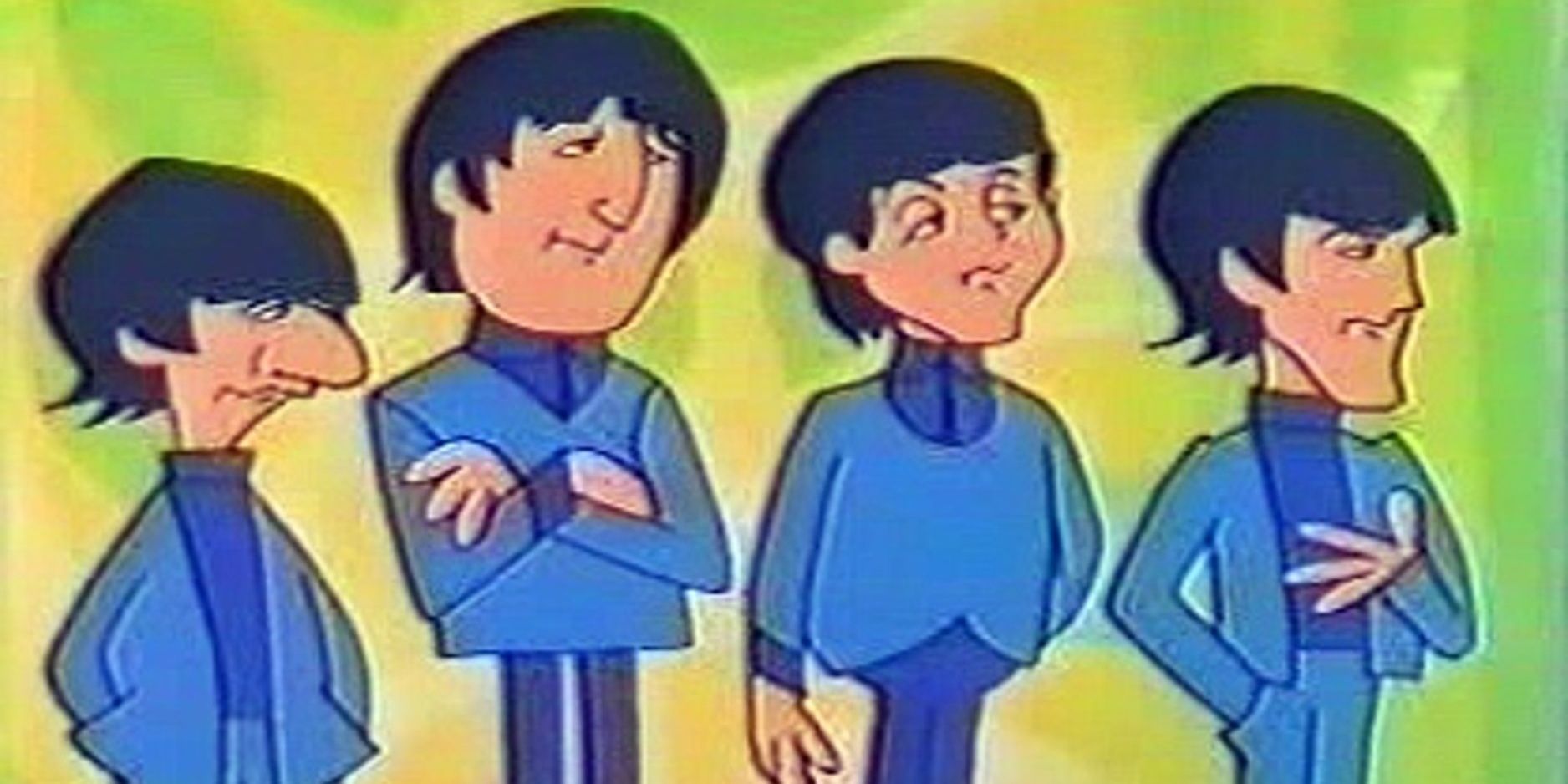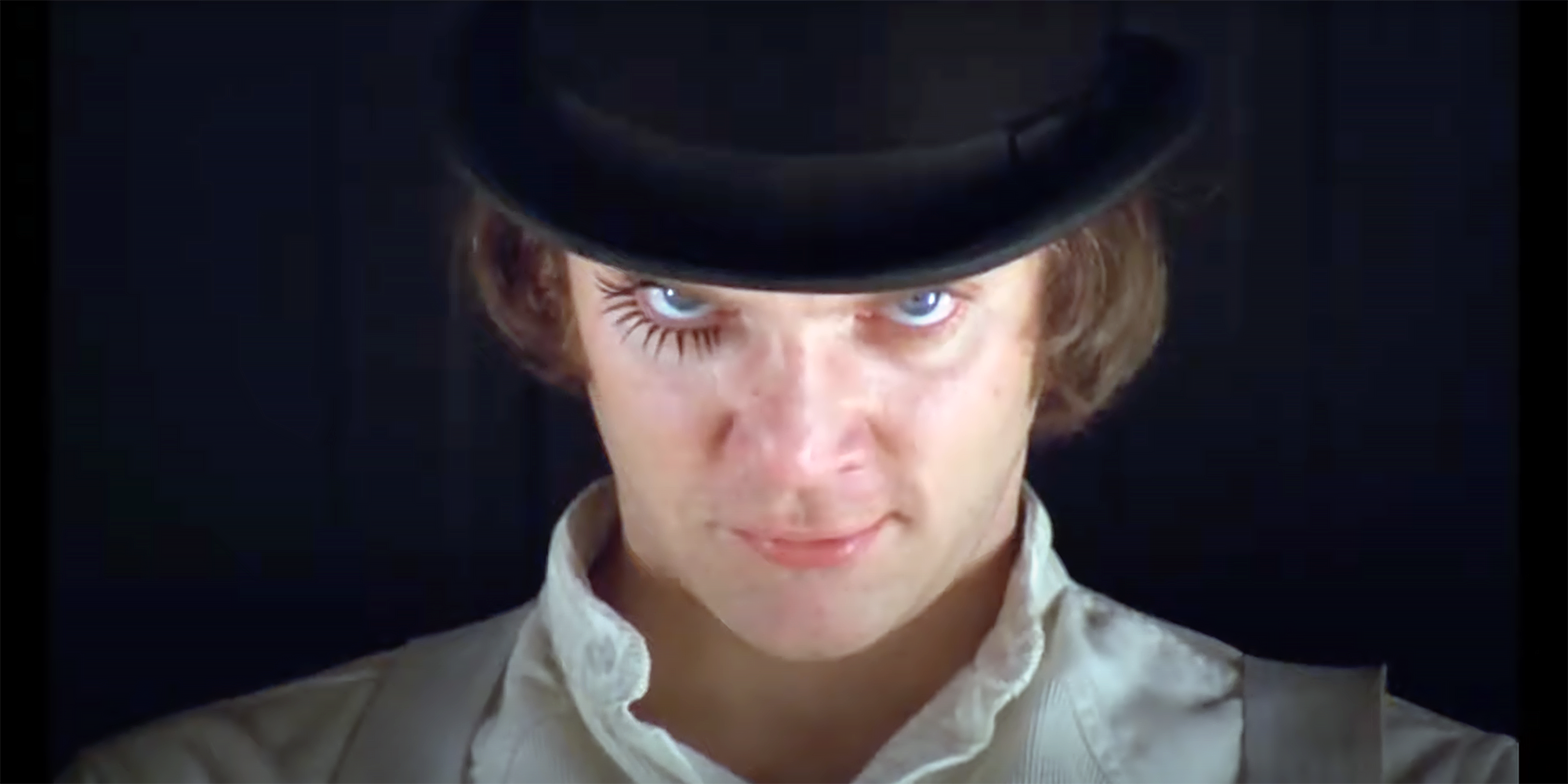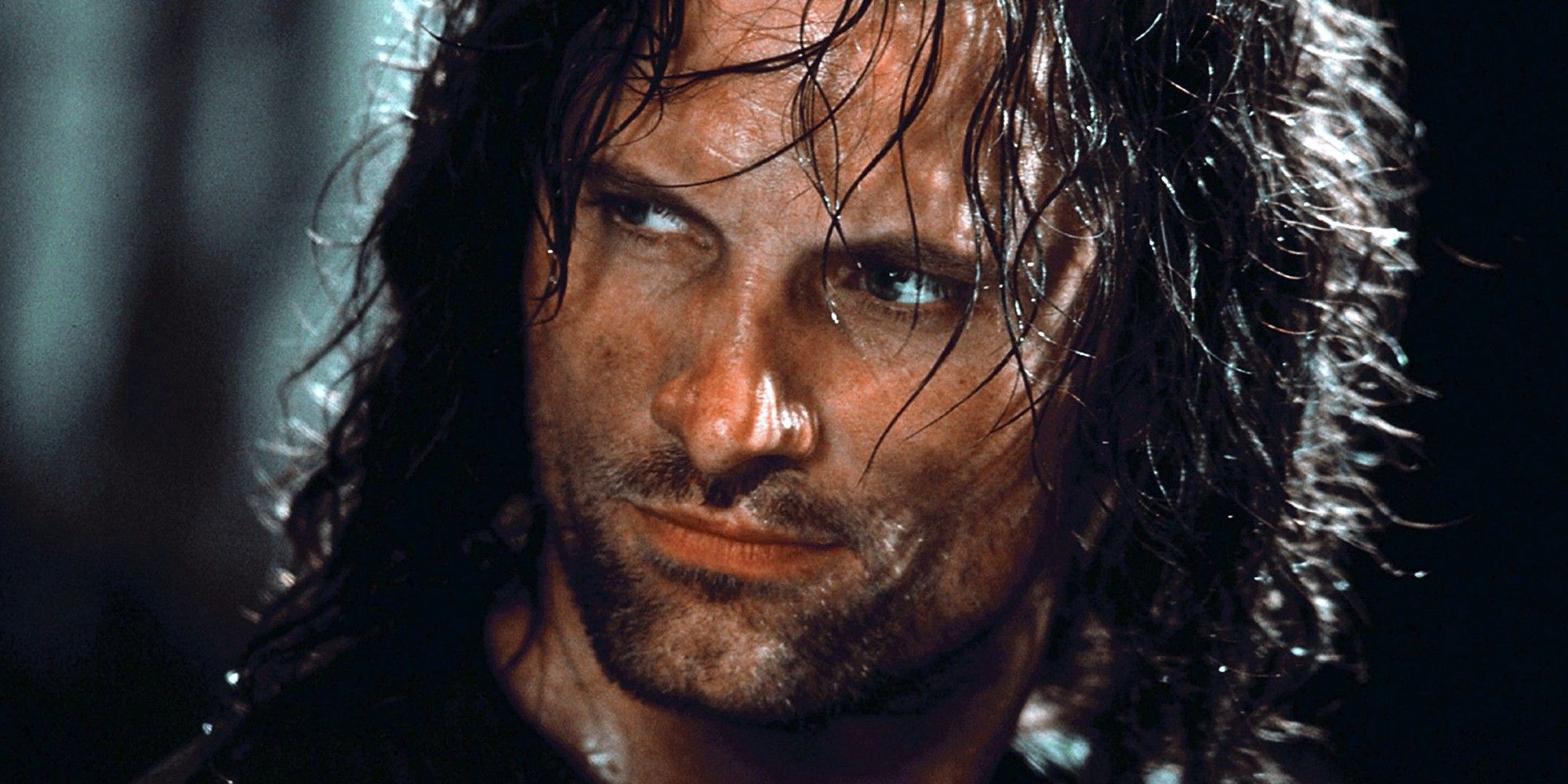Long before Peter Jackson directed The Beatles: Get Back, the Fab Four already had a subtle connection to The Lord of the Rings trilogy. Back in the mid-1960s, decades before Peter Jackson or even Ralph Bakshi thought of bringing Middle Earth to the silver-screen, The Beatles were fresh off of their first two feature films with United Artists: 1964's A Hard Day's Night and 1965's Help! The band was signed on to complete a third film with the production company, and in their early stages of development, Paul, John, George, and Ringo considered a possibility so ambitious that it almost comes off as comical— they wanted to adapt and star in their own Lord of the Rings film.
'The Lord of the Rings' Was Considered Unfilmable
Almost as soon as J.R.R. Tolkien's Lord of the Rings books hit shelves in the 1950s—nearly two decades after The Hobbit's publication in 1939—fans and film executives alike fantasized about what the epic trilogy could look like on-screen. Given the scope of the story and the limited special effects at the time, though, the possibility of a movie adaptation seemed beyond reach. Although Ralph Bakshi offered a dubious animated version of the story in the late 1970s, a live-action film that proved faithful to the beloved books' dignity, grace, and sublime imagery was deemed all but unfilmable.
These barriers did not stop The Beatles from dreaming, and in the aftermath of their sixth #1 album and second blockbuster hit, one can understand why they didn't think twice before taking on the impossible. That being noted, a 1960s Beatles-led Lord of the Rings movie would have looked and felt quite different from the Peter Jackson films that came out nearly forty years later. In fact, it probably would have been quite different from anything the average Tolkien fan ever imagined.
The Beatles' Saw 'The Lord of the Rings' as a Strangely-Casted Musical
In line with The Beatles' first two films, their Lord of the Rings would have been a musical featuring their very own songs. Sixties rock and roll certainly sets a different tone than Howard Shore's iconic score does. Instead of first seeing Middle Earth come to life over "The Prophecy" theme, we may have been hearing "Eleanor Rigby." Both are great songs, but they carry disparate energies, and one feels a bit more fitting for an epic fantasy than the other. Albeit Tolkien's novels are filled with more singing than the eventual films let on, these songs are old, folkish tunes rather than pop-rock from the twentieth century.
To make matters even more bizarre, the Beatles' casting choices would have gone against expectations. The natural assumption would be that the four rock stars would portray the four main hobbits, but they actually chose to play different characters scattered throughout the story. While Paul McCartney and Ringo Starr were going to play Frodo and Sam, respectively, George Harrison and John Lennon were not eyeing the roles of Merry and Pippin (or vice versa). Instead, George would have played Gandalf, and John would have been Gollum. Although an older, bearded George might have made for a passable Gandalf, the 1960s George still had a bit too much youth in him to be a convincing grey wizard. Meanwhile, John as Gollum would have been a true sight to behold. One can only imagine what the make-up would've looked like, or how it might have sounded to hear the voice of a generation do his best Smeagol impression... before busting out into "All You Need Is Love."
Stanley Kubrick Almost Directed The Beatles In Middle Earth
While all of this might sound like the makings of a very kitchy, self-aware, borderline parodic adaptation of Tolkien's work, The Beatles' first choice of director suggests a greater degree of seriousness. Apparently, they wanted Stanley Kubrick behind the camera. This was right around the time that Kubrick would have been working on 2001: A Space Odyssey, and he had already made a name for himself with Spartacus, Lolita, and the Oscar-nominated Dr. Strangelove. Evidently, The Beatles meant business, and the possibility of a Kubrick-directed Lord of the Rings is a mind-boggling "what if" question in and of itself. Given the auteur's ahead-of-his-time special effects, affinity for grandeur, meticulous attention to detail, and profound ability to elicit immaculate performances from his actors, The Beatles' Lord of the Rings—under Kubrick's direction—could have been far more than just a gag. It could have been a truly impressive first attempt at adapting Tolkien's work.
Unfortunately, Kubrick was not up to the task. According to Ian Nathan's book, Anything You Can Imagine: Peter Jackson and the Making of Middle-Earth, the four Beatles actually showed up at the director's doorstep in the middle of the night to pitch the film. While the director showed hospitality and listened to their idea, he ultimately turned it down. Still, it would have been fascinating to be a fly on the wall for the conversation between these five icons of popular culture and art.
J.R.R. Tolkien Objected To a Hippie 'Lord of the Rings' Movie
After Kubrick rejected The Beatles and their fantasy film, the band apparently considered Richard Lester, David Lean, and Michelangelo Antonioni for the project— all esteemed filmmakers who very well could have held their own in bringing Tolkien to life. In the end, however, it was Tolkien himself who nixed the idea. The author, then in his late seventies, was a long time skeptic of any attempts to adapt his books into films. In the sixties, he also grew disillusioned with the hippie embracement of Middle Earth, so naturally, he didn't much like the idea of The Beatles being the first filmic faces of his work.
Whether one deems it smart or snobbish, Tolkien's response does shine a light on the fact that a Beatles-led Lord of the Rings adaptation might not have sounded as absurd in the 60s as it does today. Now, it is easy to associate the fantasy trilogy with Jackson's elevated, grandiose, blockbuster adaptations, but four decades prior, Middle Earth and Beatlemania shared a common ground in popular culture. Like The Lord of the Rings, the Beatles started in the 1950s, but it wasn't until the 60s that they reached the height of their popularity. Both Tolkien and The Beatles resonated with the hippie counterculture for their messages of love, peace, inclusivity, and a return to free living. Hence, while the idea of The Beatles making the first Lord of the Rings movie may seem laughable by today's standards, it probably felt rather fitting when first proposed.
All the same, Tolkien and Beatles fans alike can rejoice for the eventual films that came to be. Peter Jackson's Lord of the Rings trilogy is a masterpiece of cinema that stays true to the books in both spirit and scale. Meanwhile, in the wake of the Beatles' lost Tolkien project, their third film ended up being Yellow Submarine. While the actual bandmates didn't play an immense role in the film—their cartoon counterparts were not actually voiced by them—it still might be The Beatles' most intriguing contribution to cinema for its unmatched, psychedelic animation. The Beatles' Lord of the Rings might not be one of the greatest films never made, but it is certainly one of the most intriguing to imagine, and had it ever been put to celluloid, it probably would have been filled with humor and heart.

